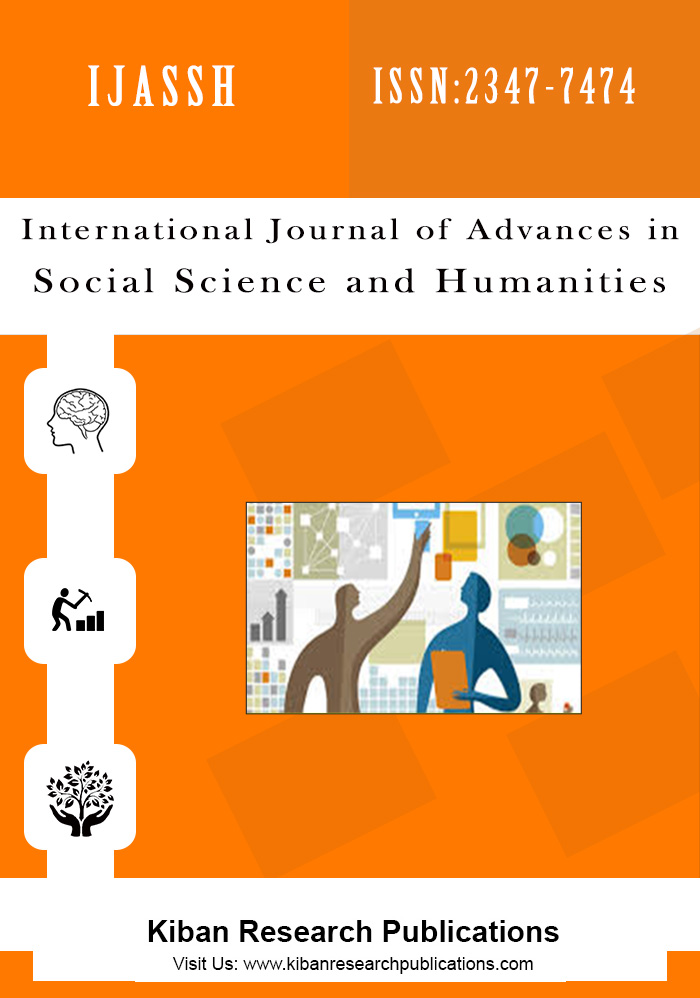Reliability and Impact of English in India: A Historical Overview
Abstract
History of English language and literature in India starts with the advent of East India Company in India. It all started in the summers of 1608 when Emperor Jahangir, in the courts of Mughals, welcomed Captain William Hawkins, Commander of British Naval Expedition Hector. It was India's first tryst with an Englishman and English. Jahangir later allowed Britain to open a permanent port and factory on the special request of King James IV that was conveyed by his ambassador Sir Thomas Roe. English were here to stay.As East India Company spread its wing in southern peninsula, English language started to get newer pockets of influence. But it was still time for the first English book to capitalize. Late 17th century saw the coming of printing press in India but the publication were largely confined to either printing Bible or government decrees. Then newspapers came. It was in 1779 that the first English Newspaper named Hickey's Bengal Gazette was published in India. The breakthrough in Indian English literature came in 1793 A.D. when a person by the name of Sake Dean Mahomet published a book in London titled Travels of Dean Mahomet. This was essentially Mahomet's travel narrative that can be put somewhere between a Non-Fiction and a Travelogue.In its early stages, the Indian writings in English were heavily influenced by the Western art form of the novel. It was typical for the early Indian English language writers to use English unadulterated by Indian words to convey experiences that were primarily Indian. The core reason behind this step was the fact that most of the readers were either British or British educated Indians. In the coming century, the writings were largely confined to writing history chronicles and government gazettes.In the early 20th century, when the British conquest of India was achieved, a new breed of writers started to emerge on the block. These writers were essentially British who were born or brought up or both in India. Their writing consisted of Indian themes and sentiments but the way of storytelling was primarily western. They had no reservation in using native words, though, to signify the context. This group consisted likes of Rudyard Kipling, Jim Corbett and George Orwell among others. Books such as Kim, The Jungle Book, 1984, Animal Farm and The man-eaters of Kumaon etc were liked and read all over the English-speaking world. In fact, some of the writings of that era are still considered to be the masterpieces of English Literature. In those periods, natives were represented by the likes of Rabindra Nath Tagore and Sarojini Naidu. In fact, Geetanjali helped Tagore win Nobel Prize for Literature in the year 1913.
Key Words: English, History, Impact, Indian, Language, Literature, Reliability.




